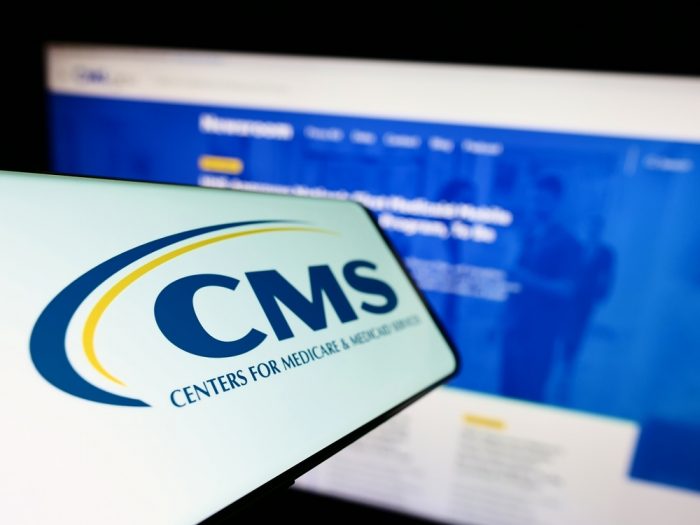Novitas Solutions has released the Cycle 2 results for the inpatient rehabilitation facility (IRF) review choice demonstration (RCD). The Cycle 2 results letters were issued on September 10, 2025, and are available in Novitasphere.
IRFs will have a 2-week choice selection period for Cycle 3 from October 7, 2025 – October 20, 2025, using the Novitasphere portal.
- Additional information on the transition can be found in the article Inpatient Rehabilitation Facility (IRF) Review Choice Demonstration (RCD): Cycle Transition.
- For step-by-step guidance on making your review choice selection in Novitasphere for Cycle 3, review the article Inpatient Rehabilitation Facility Review Choice Demonstration (IRF RCD): Review Choice Selection Using Novitasphere.
Cycle 3 Choice Selection Options
If the approval rate meets or exceeds target affirmation rate of 85% for Cycle 2 (based on a minimum of 10 submitted pre-claim review requests or claims), the IRF may select 1 of the 3 subsequent review choices:
- Choice 1: Pre-claim review (PCR)
- Choice 3: Selective post-payment review (default if no review choice is made)
- Choice 4: Spot check prepayment review
If the IRF’s affirmation or claim approval rate is less than the target affirmation rate or they have not submitted at least 10 requests/claims, the IRF must again choose from 1 of the initial 2 options:
- Choice 1: Pre-claim review (PCR)
- Choice 2: Post-payment review (default if no review choice is made)
Cycle Stats Reminder
IRFs can access information about their affirmation/approval rate at any given time during the current or previous review cycle through the Cycle Stats option in Novitasphere. Visit here for more information on cycle stats.
IRF RCD Questions
Questions or concerns regarding the IRF RCD should be directed to the IRF Customer Service line at 855-340-5975, Monday – Friday, 8:00 am – 6:00 pm.
IRF RCD Resources and Educational Opportunities
Visit the Inpatient Rehabilitation Facility (IRF) Review Choice Demonstration (RCD) web page for important information about the IRF RCD and upcoming educational events, including a recording of the September 24, 2025, webinar on IRF RCD: Cycle 2 Results and Transitioning to Cycle 3.
Important Deadlines
- October 7, 2025 – October 20, 2025, Cycle 3 Choice Selection
- November 1, 2025 – April 30, 2026, Cycle 3 Review Dates
- On or before May 30, 2026, Cycle 3 Affirmation/Approval Rate Communication

















